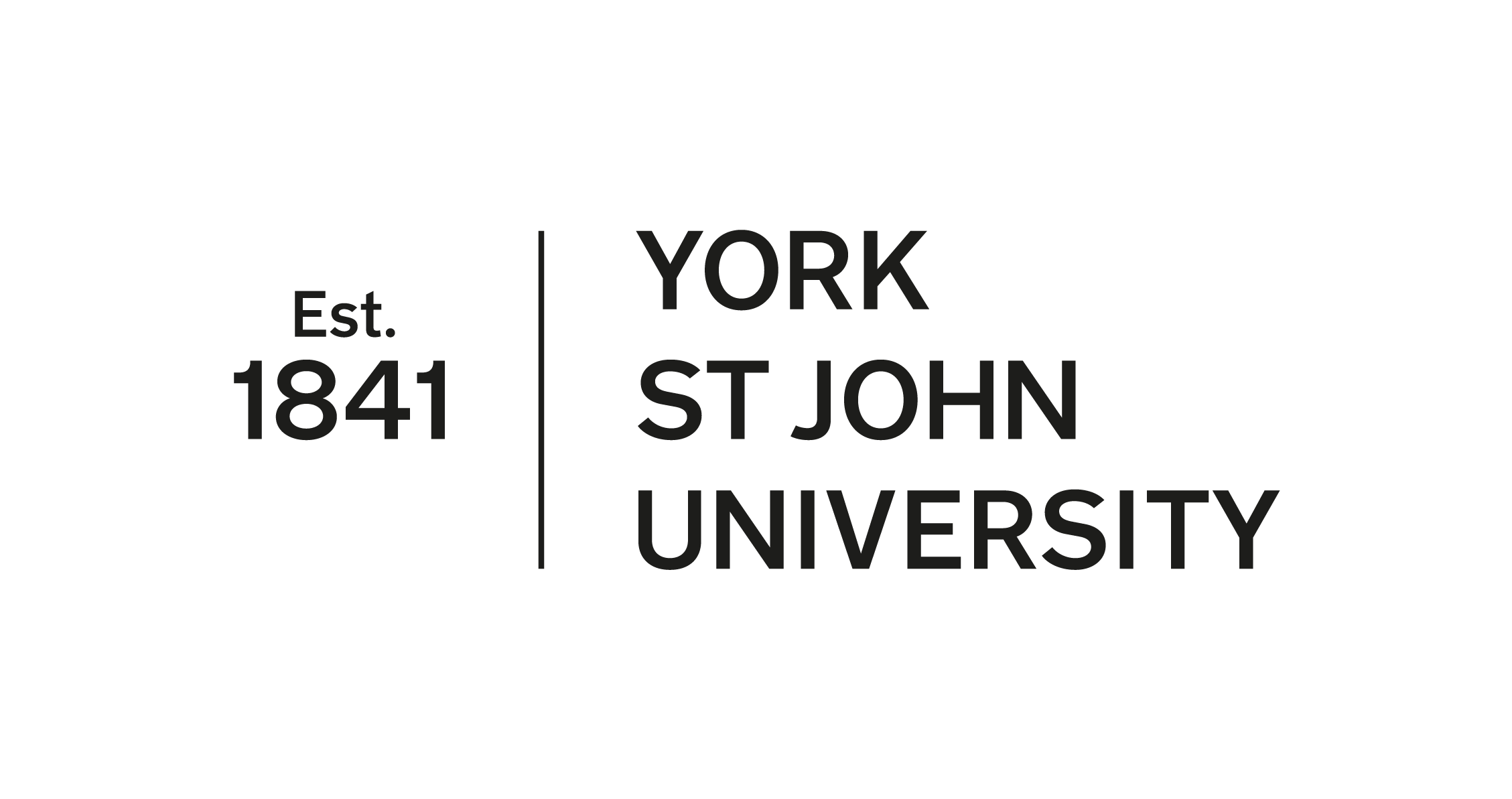Characteristics of Effective Feedback
- Addresses the requirements of the task: for example, for summative assessments, feedback should refer to the assessment marking criteria to demonstrate the extent to which the work has met expectations. Where informal feedback is concerned, it should be related directly to the ideas that are being explored or the directions for the activity that was set.
- Is constructive: following Nicol and Macfarlane-Dick’s (2006) thesis, good feedback should enable learners to improve their performance. To do this, it must elaborate on possible solutions, rather than simply criticising problems or omissions. For example, if a student’s written work indicates difficulties with writing structure, it would be constructive to suggest that the student seeks additional support with this skill from the Study Skills team.
- Contains detail: sometimes, pressure to mark quickly can lead to feedback being too brief. However, detailed and specific feedback is likely to lead to better results for your students and for your module in general. Feedback should point to particular actions that the learner can take to develop their skills further (for instance, if the learner needs to refer in more detail to the literature, you should give details about which elements were overlooked and how references could have been used more effectively, rather than merely pointing out an omission).
- Focused and Concise: the need for detail should be carefully balanced with focus, so as to avoid cognitive overload. If you present too many points of improvement, student can be overwhelmed and loose sight of how to progress. Try focusing on the three most significant areas of improvement that could contribute to the student seeing a difference in the quality of their work / learning.
- Is inclusive: in order to be user-friendly for all students, feedback should be clear, focused and easy for learners to understand. There should also be opportunities for students to discuss feedback to clarify any points that might be unclear and to enable feed forward into manageable actions for future assessments. The Inclusive Education Framework offers further guidance on inclusive assessment and feedback processes, which should be followed.
- Seeks to boost students’ self-esteem: feedback should always comment upon what has been achieved, as well as pointing out areas for development. Positive reinforcement will help students to replicate their successes going forward, and can also motivate them to work on areas that still require further refinement.
